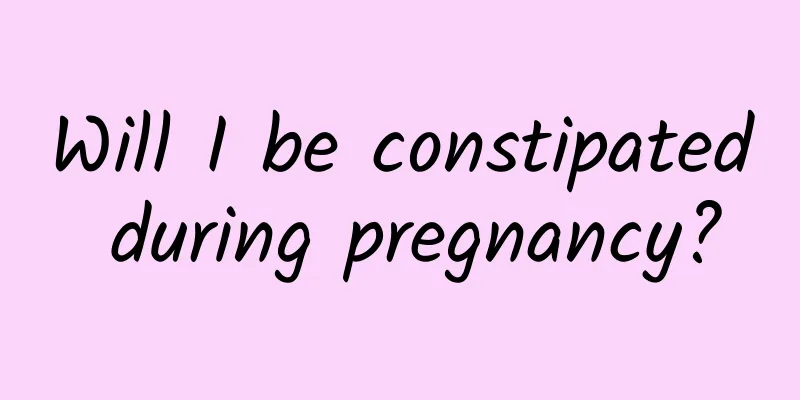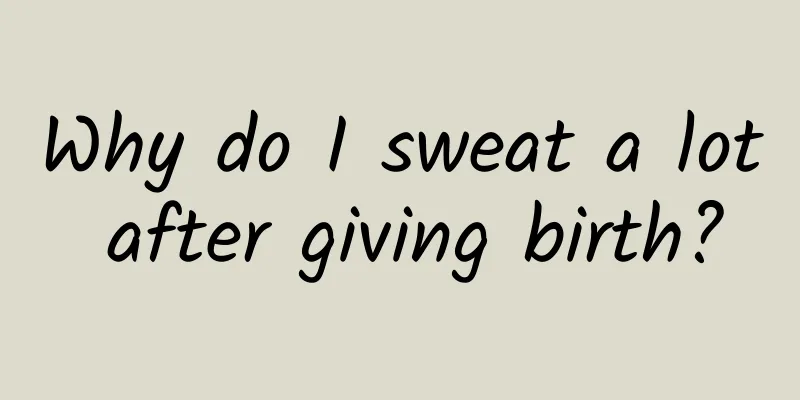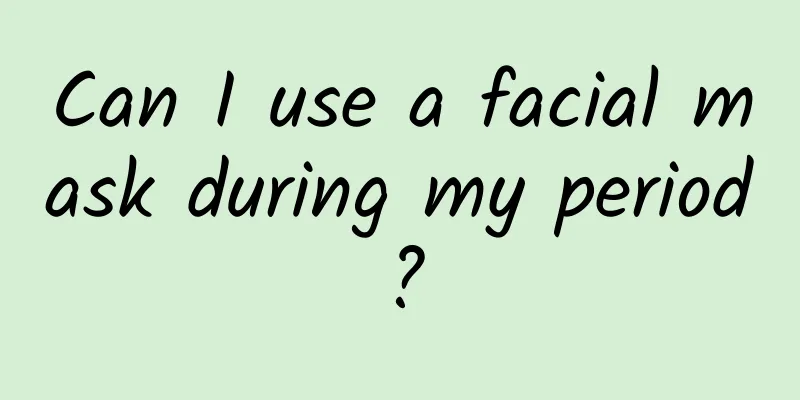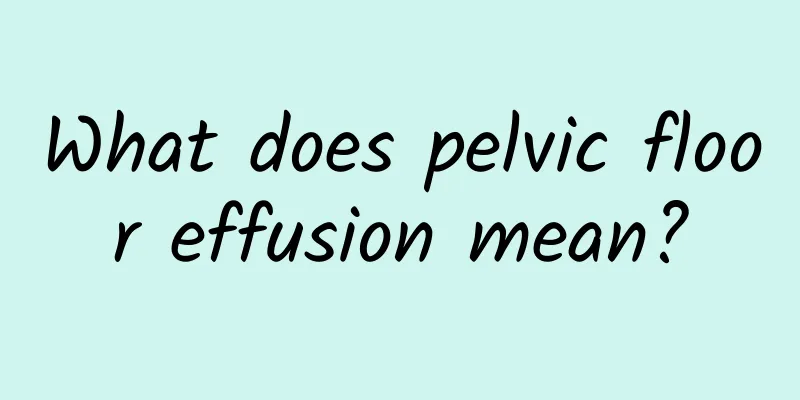There are several possibilities for people to faint suddenly.

|
For a normal person, if he suddenly faints, he must promptly rule out whether he has some kind of disease. Because sudden fainting can have a great impact on a person's body, if it is not handled in time, it can easily lead to shock or even death. However, there are many reasons for sudden fainting. So what are the possibilities for a person to suddenly faint? Causes 1. Syncope due to cardiac origin. It is caused by a sudden decrease in cardiac output due to arrhythmia, myocardial infarction, etc. It is particularly common in atrioventricular conduction block, ventricular paroxysmal tachycardia, etc. 2. Reflex syncope. This is a common type of fainting. (1) Due to increased vagus nerve tone. (2) Postural syncope, which usually occurs when turning from a supine position to an upright position. (3) Carotid sinus anaphylaxis. 3. Urinary syncope. It occurs suddenly during or after urination, more common in men, and is especially likely to occur when getting up at night to urinate or when urinating for too long. 4. Cerebral syncope . Syncope caused by intracranial or extracranial cerebrovascular disease or damage to the vasomotor center itself. 5. Other fainting. It is common in people with chronic obstructive pulmonary disease or emphysema. Syncope due to blood and water loss can be caused by acute massive blood and water loss due to various reasons, resulting in a rapid decrease in effective circulation volume. Syncope due to high altitude acclimatization and hypoglycemia is caused by insufficient oxygen and blood sugar content in the inhaled air. symptom Simple syncope is often caused by stimuli such as sadness, fear, anxiety, needle phobia, sight of blood, trauma, severe pain, stuffiness, fatigue, etc.; cardiac syncope is often seen in excessive exercise or improper medication; orthostatic hypotensive syncope often occurs when turning from a lying position to a standing position, and carotid sinus allergic syncope often occurs when the head is suddenly turned; cardiac syncope generally has a sudden onset and the duration varies; cerebral syncope generally has a slower onset and the duration varies. Generally, there is a sudden loss of consciousness, fall, pale face, cold limbs, no convulsions, no external injuries, tongue bites, and urinary incontinence. examine 1. Provocation test: 1. Carotid sinus stimulation and carotid artery compression test. 2. Binocular compression method: The examiner presses the patient's eyeballs with the thumb and index finger. Those who test positive may faint within 10 to 15 seconds. It is contraindicated for people with weak constitution, severe myopia or severe heart disease. 3. Blowing and expansion method: The patient lies flat or sits. After a routine ECG and/or EEG examination, ask the patient to take a deep breath and then close the mouth and nose, hold the breath immediately, or expel air forcefully. After 15 seconds, do an ECG and/or EEG reexamination. If various heart rhythm disorders or brain waves are present, the results are positive. Some patients may experience fainting or convulsions. A positive result in the above tests is helpful for diagnosis, but a negative result cannot rule out syncope. 2. Electrocardiogram. treat Syncope can improve quickly, but it can cause trauma due to sudden collapse, so the focus is on treating the cause and preventing the attack. (A) What to do when a faint occurs. Have the patient immediately lie flat with his head down, unbutton his collar and belt. The patient will often wake up on his own after a while. If the patient recovers consciousness slowly, has low blood pressure, or has bradycardia, acupuncture at the Ren Zhong acupoint can be tried, and 0.25 g of sodium benzoate caffeine or 0.5 mg of atropine can be injected intramuscularly at one time. Give oxygen if necessary. If it is still ineffective, you should be careful to rule out the possibility of other types of serious organic syncope. (B) Etiological treatment If the cause has been identified, treatment of the cause should be carried out as soon as possible. This is the most effective measure to cure fainting. If there is a clear inducement, try to avoid it. |
<<: What is the disease of sudden dizziness and vomiting?
>>: What to do if you feel dizzy after being hit on the head
Recommend
The relationship between anxiety and hypertension
Core Tip: Many hypertensive patients have this fe...
What to do if a child has ringworm on his head
Many children will have ringworm on their heads. ...
Perianal condyloma acuminatum
Do you know what perianal condyloma acuminatum is...
Why do I always have moss on my body?
Some people always have ringworm on their bodies....
Breath test for Helicobacter pylori
We all know that the two most commonly used metho...
Chicken bone stuck in esophagus symptoms
If you are not careful when eating, it may cause ...
How harmful is insomnia?
Many people often encounter the problem of insomn...
What to do if you feel dizzy and have a headache after drinking
No feast is complete without wine. China has had ...
How to regulate men's qi deficiency? Chinese medicine teaches you how to supplement qi deficiency through diet
Do you often feel physically and mentally tired, ...
Why does the child keep sleeping?
If the child is sleeping all the time, parents sh...
The numbness here is so terrible that it actually indicates ten diseases
The ten fingers of the human body are organs that...
What is the best way to eat papaya to enlarge breasts?
Speaking of papaya, everyone knows that it can he...
If you don't take good care of your confinement and have a headache, you can remedy it in this way
The confinement period is the golden period of re...
Treatment of chronic pharyngitis
As environmental pollution becomes increasingly s...
What causes genital inflammation in boys
Genital inflammation is a common phenomenon in yo...









